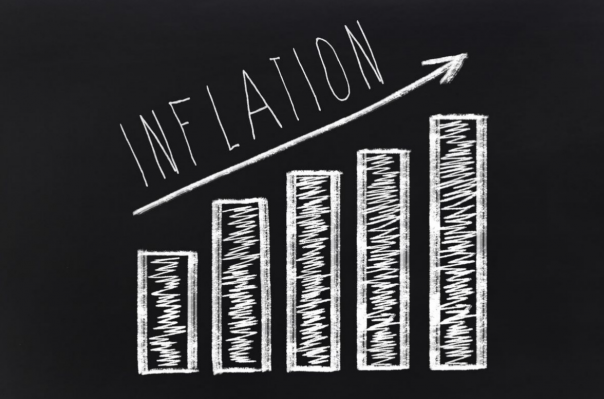
The number of people using a food bank or food charity continues to grow from around one in ten in March 2021 (9%) to nearly one in six in March 2022 (15%). Over one in five people say they skipped a meal or cut down the size of meals because they did not have enough money to buy food.
Susan Jebb, chair of the FSA, said: “In the face of the immediate pressures on people struggling to buy food, food banks are playing a vital role in our communities. We are urgently working with industry and other major donors, and food bank charities, to look at what more we can do together to ensure that food which is safe to eat can be redistributed to people who can benefit from this support.
“Food banks can be a trusted lifeline in the short-term, but governments and regulators must also look more widely at other ways to enable people to reliably access safe and healthy food in the long term.”
Steps the FSA is taking include:
- Working with food aid charities including the Independent Food Aid Network and FareShare to draw together and tailor resources for community food providers.
- Build on the strong work already done in partnership with WRAP to ensure that as much surplus food as possible is redistributed to people, rather than going to waste.
- Working with industry, government and charitable organisations to examine and improve the regulatory landscape for food banks and donors, making sure that rules and guidance are as proportionate and effective as possible, and helping to share best practice.
Marcus Gover, chief executive at WRAP, added: “We support the FSA’s efforts to address the concerns many of us have around the cost of food. We estimate that more than 200,000 tonnes of surplus food could still be redistributed each year. So, by working together we can increase the redistribution of this food, which will also reduce the environmental impact of our food and help achieve a thriving UK food system for all.”